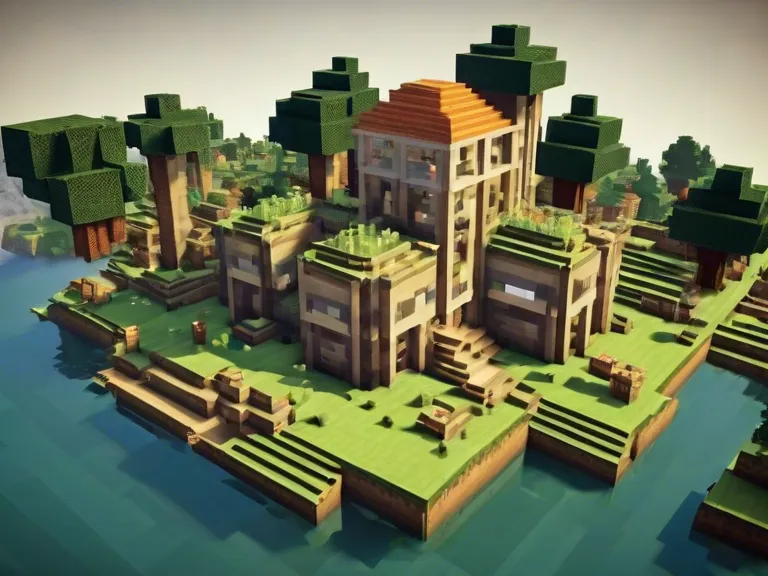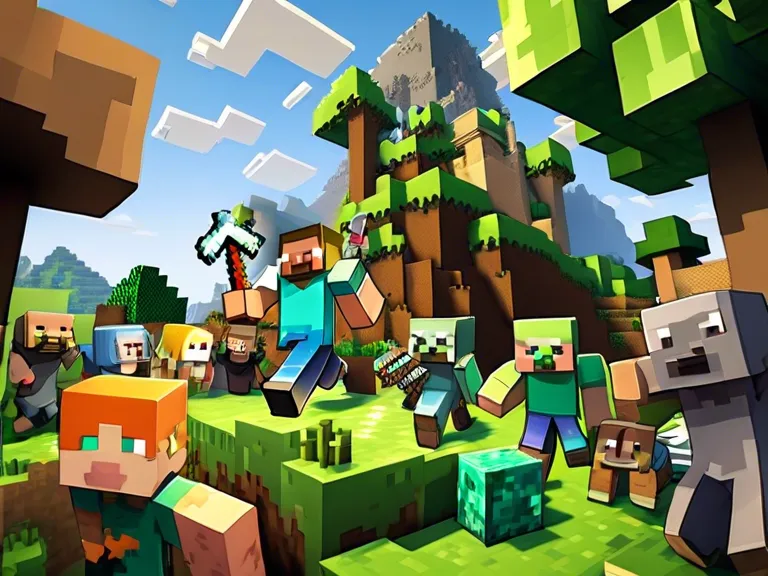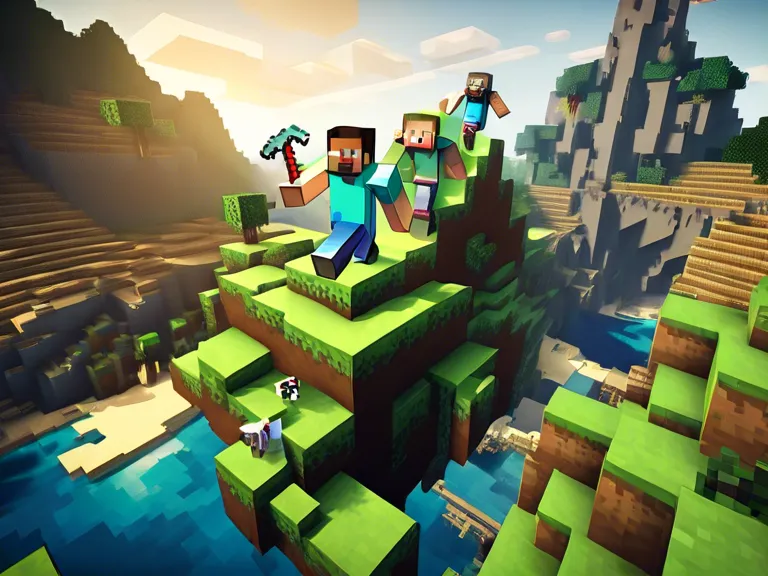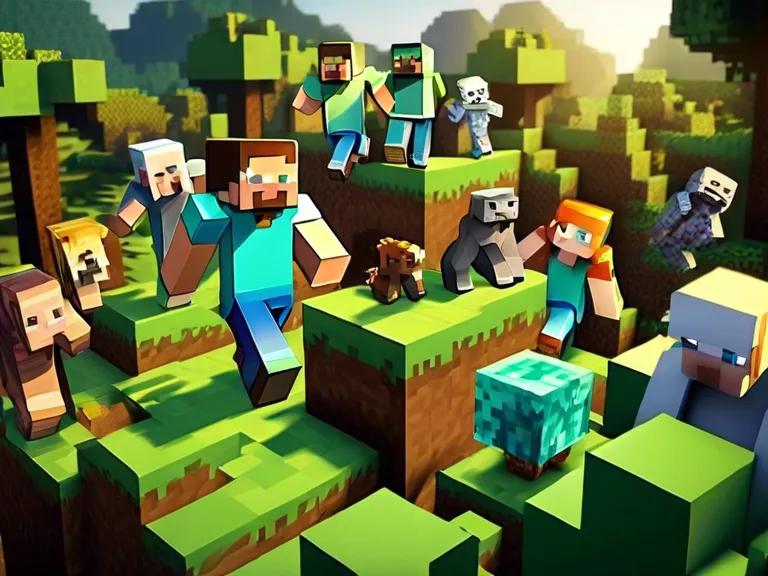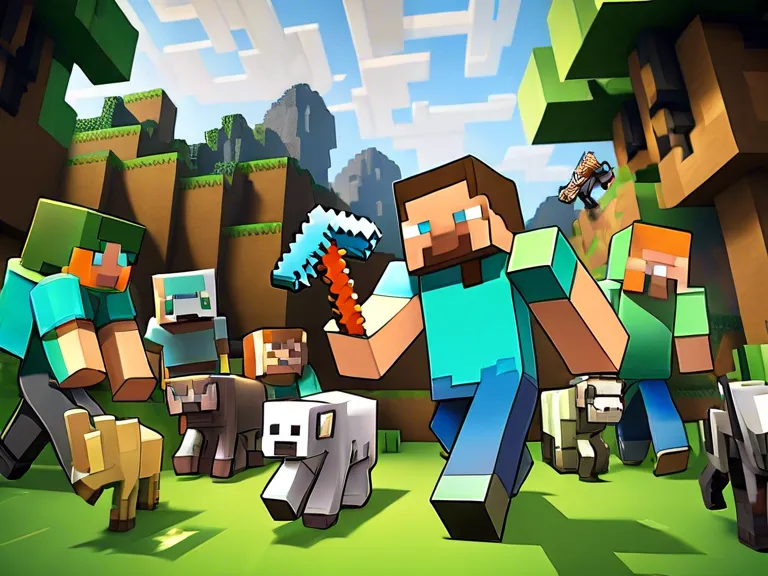
Minecraft as an Educational Tool: Philosophical Reflections on Learning Through Play
In recent years, educators and parents have started to recognize the educational value of video games. One game that has gained particular attention is Minecraft, a sandbox game that allows players to build worlds and explore limitless creativity. From a philosophical perspective, Minecraft offers a unique opportunity for learning through play.
One of the key philosophical concepts that Minecraft demonstrates is the idea of constructivism. In constructivism, knowledge is actively constructed by the learner through hands-on experiences. In Minecraft, players must use critical thinking skills to gather resources, plan their builds, and solve problems that arise along the way. This active engagement in the learning process helps players develop a deeper understanding of the world around them.
Additionally, Minecraft promotes collaboration and social interaction, another important aspect of education. Through playing on multiplayer servers, players can work together to achieve common goals, share ideas, and learn from each other. This cooperative learning environment fosters communication skills, teamwork, and empathy, all of which are essential for success in the real world.
Furthermore, Minecraft encourages creativity and imagination. Players have complete freedom to build whatever they can imagine, from simple structures to intricate contraptions. This open-ended nature of the game allows players to explore their own interests and talents, leading to a more personalized and meaningful learning experience.
In conclusion, Minecraft can be a powerful educational tool that offers much more than just entertainment. By engaging players in constructivist learning, promoting collaboration and communication, and fostering creativity and imagination, Minecraft provides a rich environment for learning through play.
